Women Who Avoid Going To The Doctor As They Get Older Usually Have These 11 Reasons
Aging women often feel consistently overlooked in medical environments.
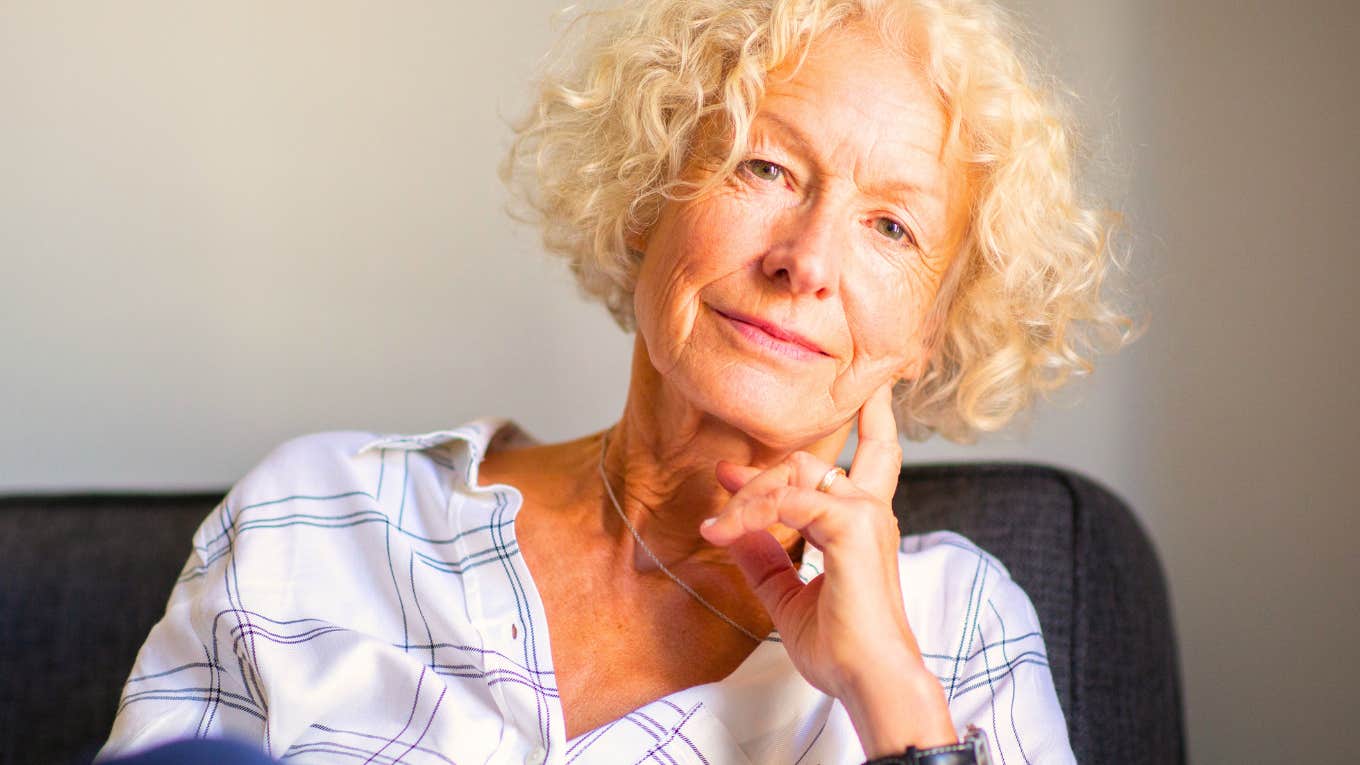 mimagephotography / Shutterstock
mimagephotography / Shutterstock While there are a number of reasons why many people avoid the doctor and healthcare environments as they get older, according to a study published in the Journal of Applied Gerontology, many gendered experiences and fears specifically target women. From feeling dismissed by traditional providers to fearing a loss of autonomy, women who avoid going to the doctor as they get older usually have these reasons.
Of course, there are certain boundaries, protections, and guardrails to protect women from mistreatment and invalidation in these healthcare settings. Still, amid the chaos and challenges of their everyday lives, they can feel like more work than they’re worth.
Women who avoid going to the doctor as they get older usually have these 11 reasons
1. They don’t feel heard
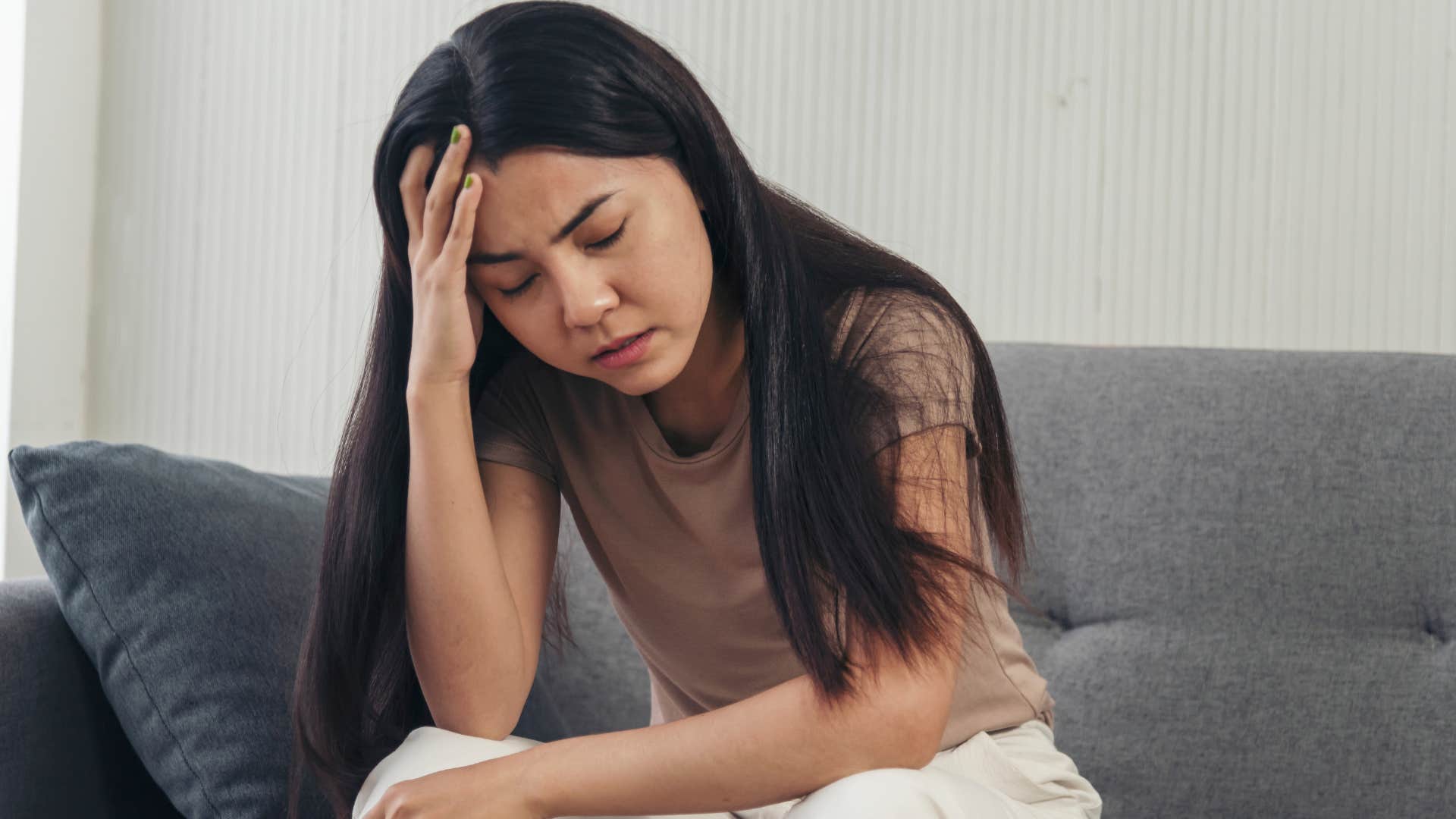 afotostock | Shutterstock.com
afotostock | Shutterstock.com
Many women struggle with finding the right doctor, feeling unheard and unsafe in many healthcare environments by professionals who don’t understand women’s health struggles. While there are numerous studies unpacking the history of female patients’ experiences in healthcare, one specific study from 2023 highlights the fact that not only do women’s pains tend to be dismissed, but their providers also don’t believe or understand their struggles.
From disregarding PCOS symptoms to writing off larger concerns as “just menopause,” and having their identities invalidated, women who avoid going to the doctor as they get older may be sick and tired of dealing with self-advocacy in these environments.
2. They don’t want to feel shamed
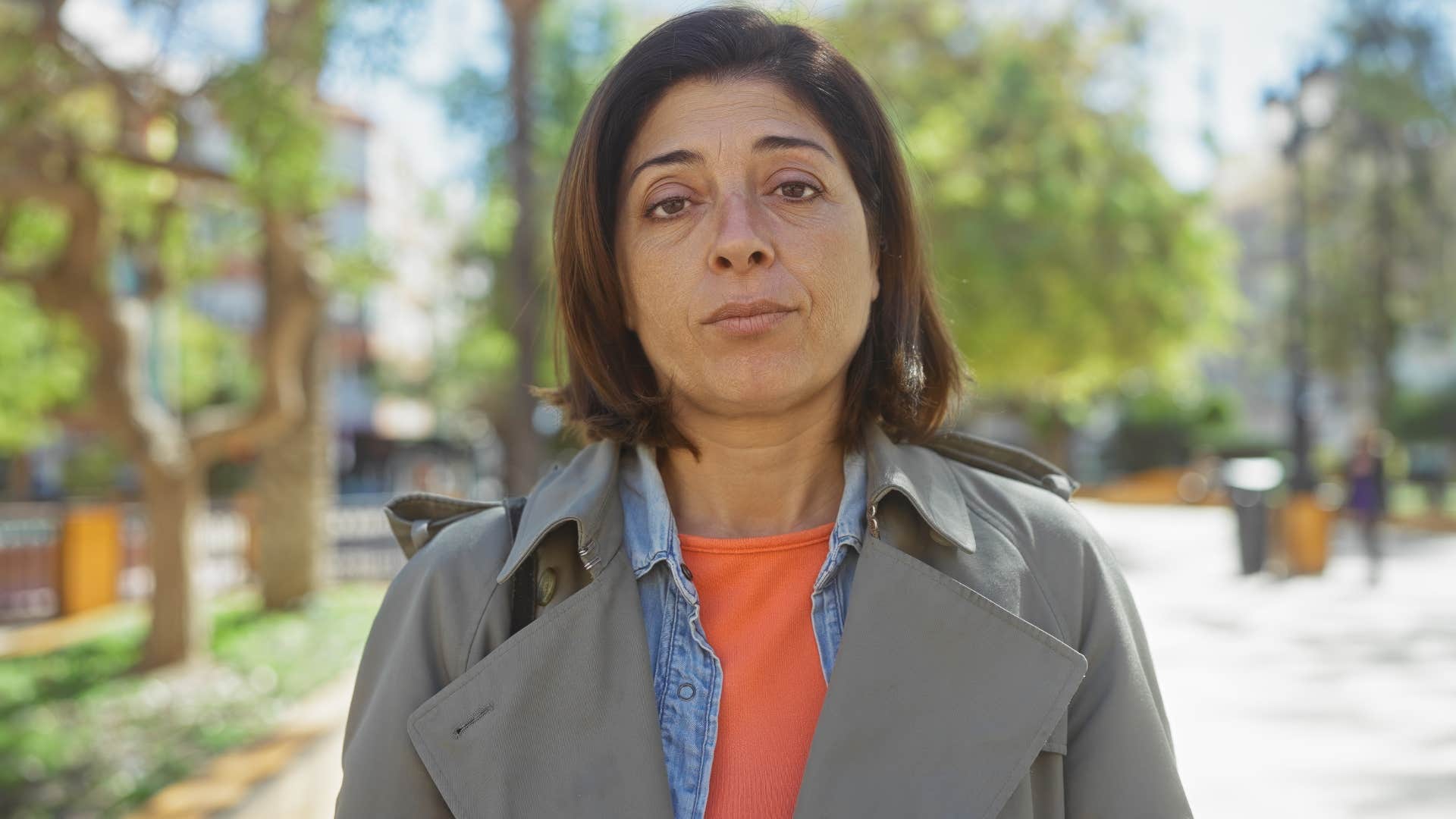 Krakenimages.com | Shutterstock.com
Krakenimages.com | Shutterstock.com
Women still tend to feel more shamed by doctors about their weight, appearance, and daily habits than male patients, according to research published in the Basic and Applied Social Psychology journal. Whether it’s equating their physical health and well-being solely to their appearance and body image or dismissing their concerns, women tend to consistently struggle with finding safe places in this industry.
While finding female doctors, who’ve been shown to listen more, especially to female patients, can provide some solace for these struggles, they’re often in high demand, especially for new patients trying to get back into the swing of scheduling appointments and taking care of their health.
3. They’re busy managing other people’s pain
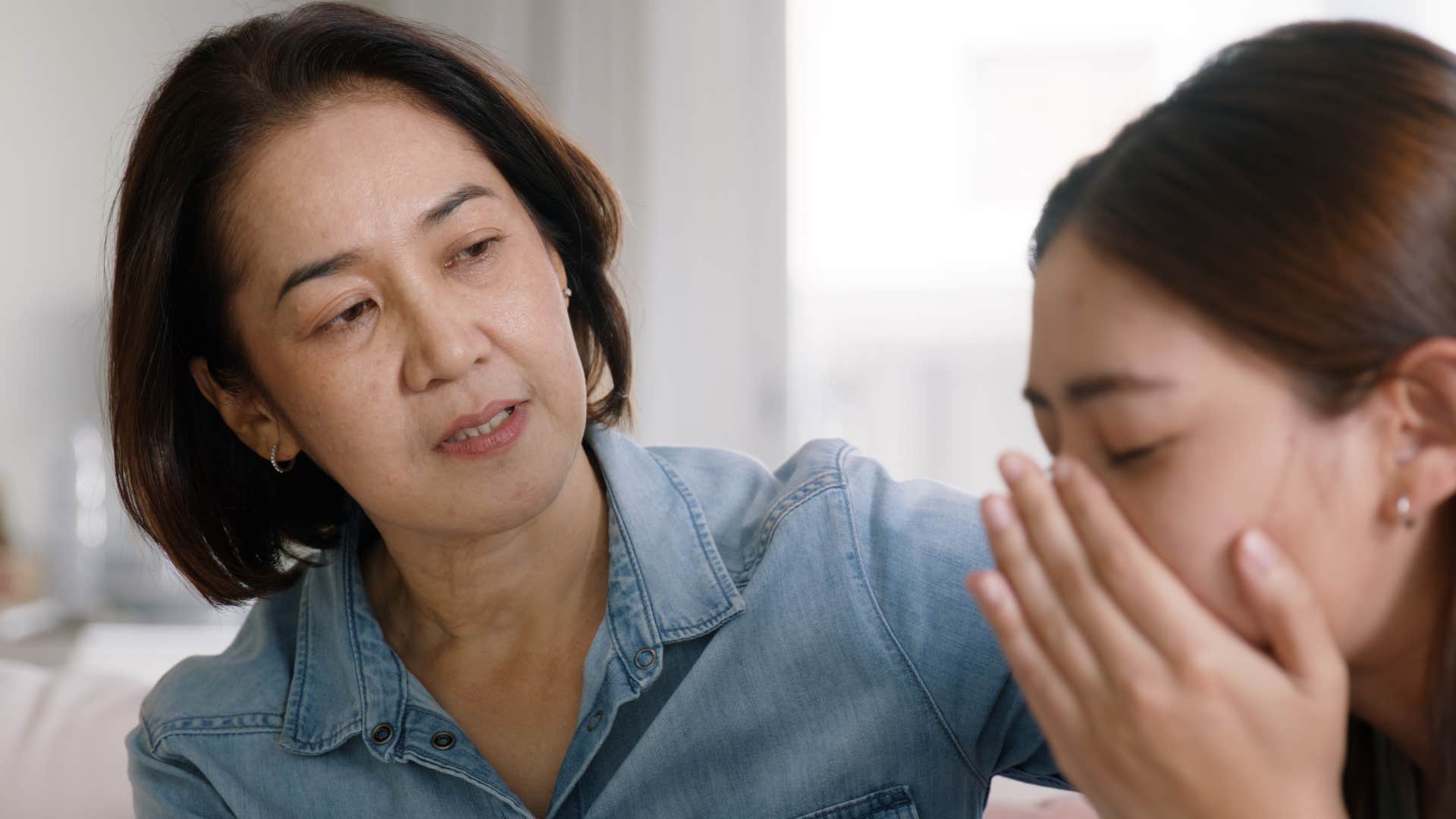 Chay_Tee | Shutterstock.com
Chay_Tee | Shutterstock.com
According to a study from the University of Wisconsin-Madison, women tend to take on an unfair burden of “invisible” and emotional labor in their households, families, and relationships. From seemingly innocent things like organizing routines and planning schedules to more serious responsibilities like moderating conflicts and managing family health, women and mothers are pressured to put everyone else’s needs above their own.
This is part of the reason why mothers tend to struggle with their own personal identities, but also a root cause for their avoidance of going to the doctor and caring for their own health. They’re drained and busy managing everyone else’s appointments, pain, and health, so that sometimes their own go unnoticed or minimized.
4. They chalk up their own pain to aging
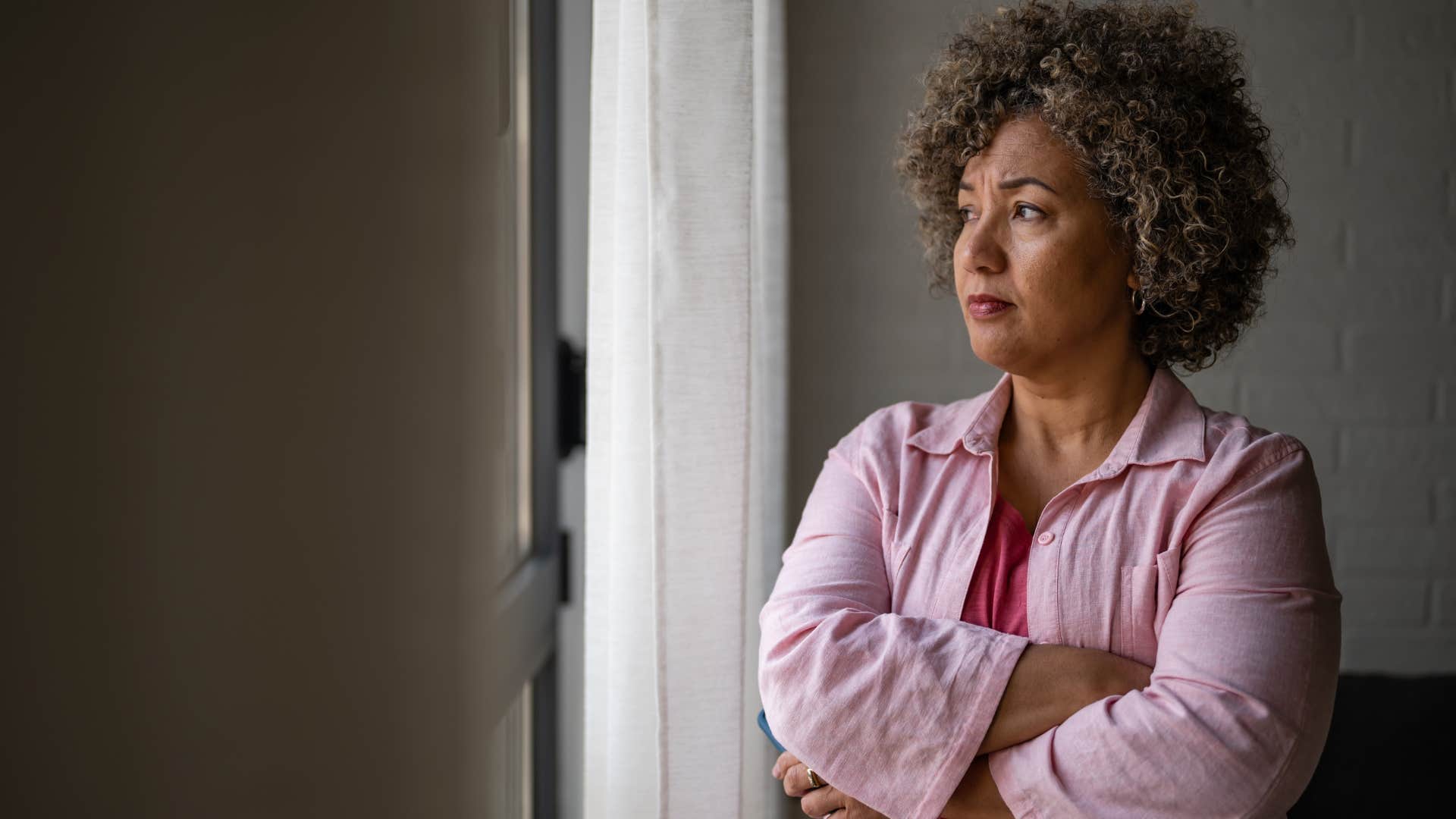 Lordn | Shutterstock.com
Lordn | Shutterstock.com
Even though the dismissal and minimization of women’s pain often comes directly from healthcare professionals and even social stigmas, on a higher level, sometimes these ingrained beliefs are internalized by women as they get older.
They start to chalk up aches, pains, and mental health struggles as natural parts of aging, even when they could be addressed with care and treatment. Women who avoid going to the doctor as they get older usually have these reasons: they don’t believe it’s “serious enough” to get checked out.
5. They’re afraid of something serious
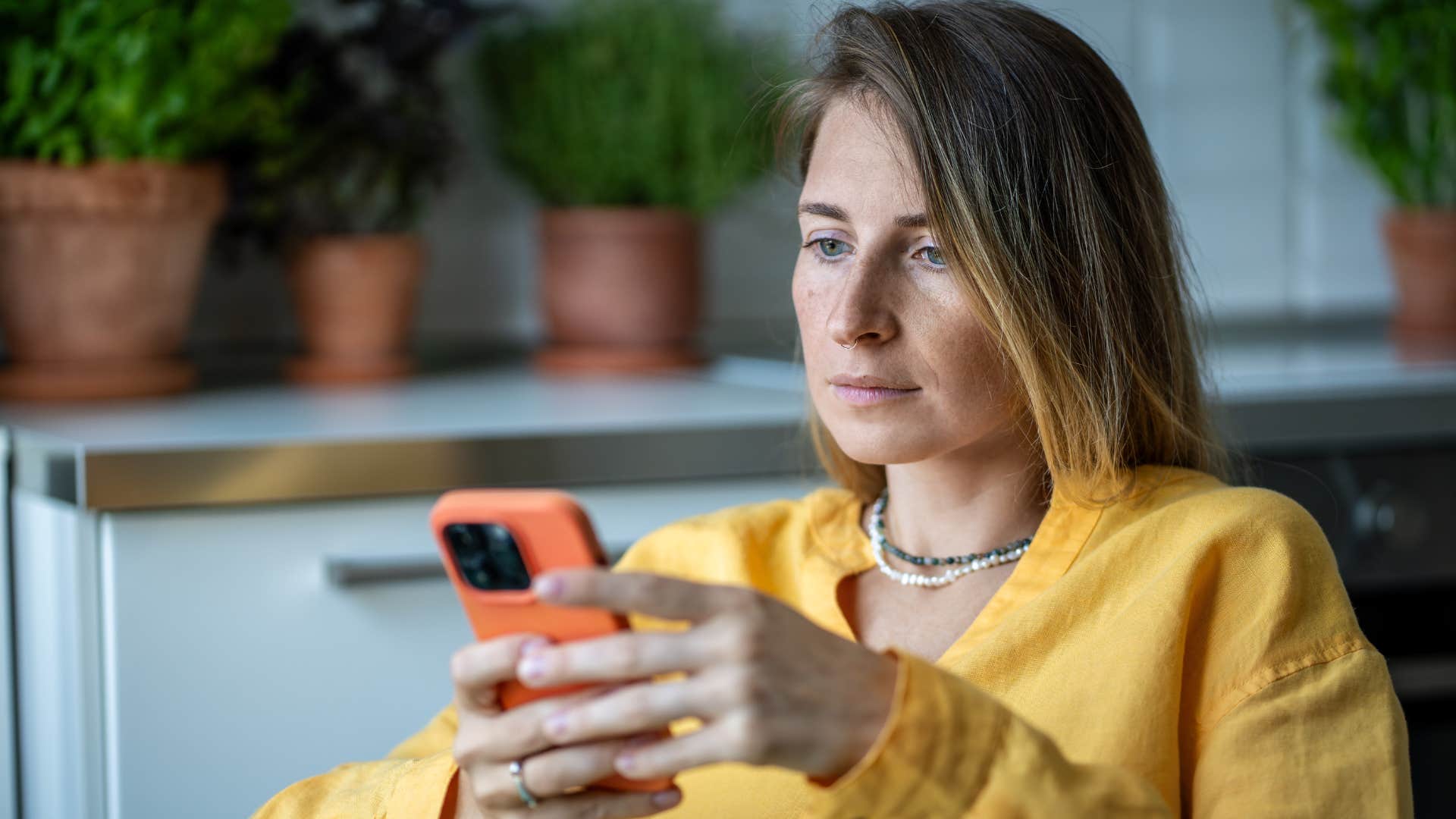 DimaBerlin | Shutterstock.com
DimaBerlin | Shutterstock.com
According to a study published in the Journal of General Internal Medicine, many people avoid healthcare visits and appointments when they’re afraid of something bigger. Especially with age, where things like diagnoses and illnesses become more prevalent, some aging women may avoid or make excuses for not scheduling doctors’ appointments over fears of finding something bigger.
Some may even face financial difficulties and strains, unable to afford everything that comes with a formal diagnosis or illness.
6. They’re embarrassed
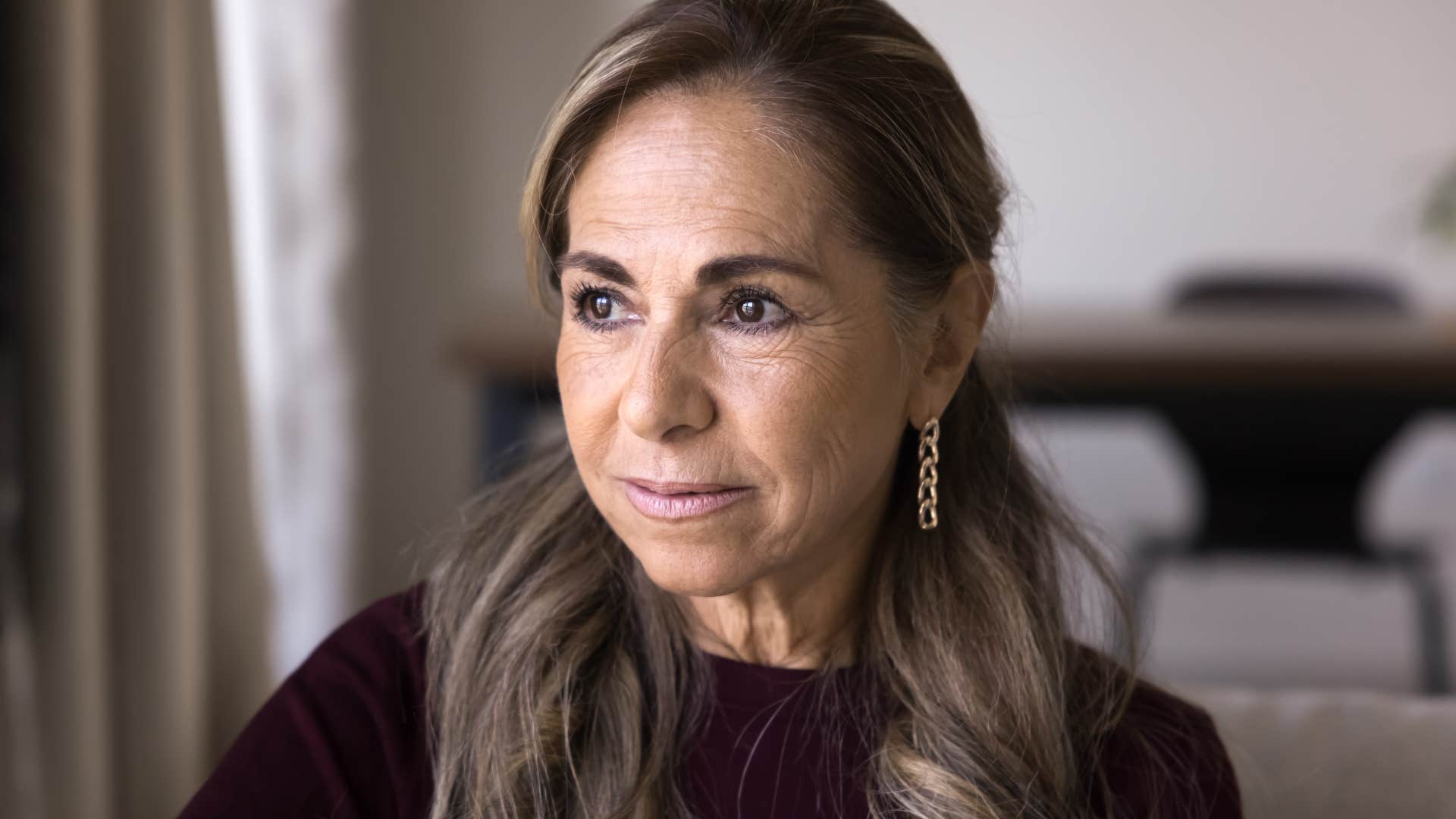 Fizkes | Shutterstock.com
Fizkes | Shutterstock.com
Whether it’s feeling embarrassed about their medical knowledge, certain symptoms, or their financial status, women who avoid going to the doctor as they get older usually have these reasons. On top of the shame they may already feel with the wrong doctor or healthcare provider, these seemingly subtle emotions are incredibly exacerbated, especially alongside pain or health struggles.
Not only does this prevent them from going to the doctor, but when they do go, like a study published in the BMC Primary Care journal explains, they’re more likely to leave with several unvoiced concerns and opinions.
7. They don’t have the time
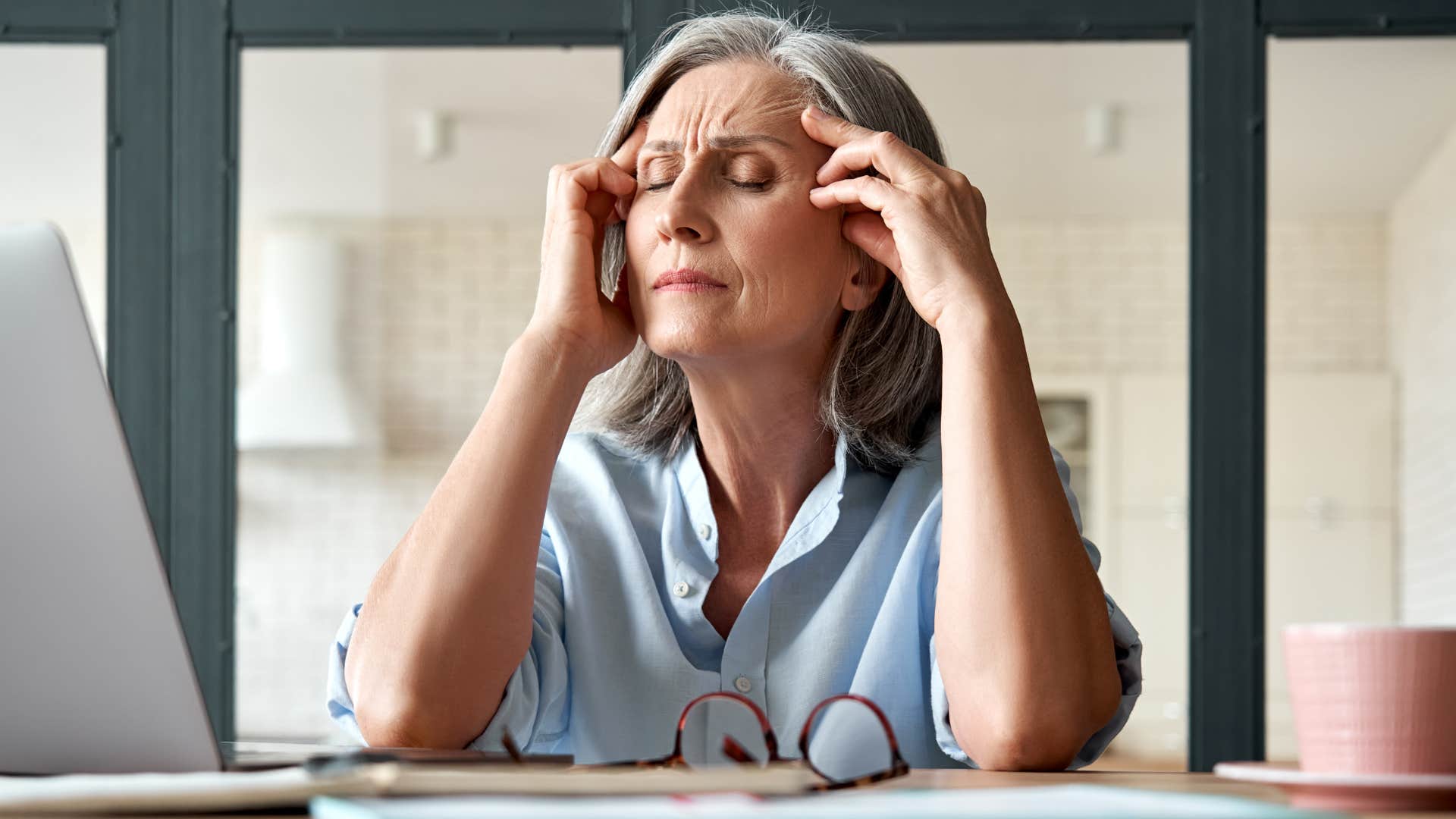 Ground Picture | Shutterstock.com
Ground Picture | Shutterstock.com
Women tend to spend more time doing emotional labor, cognitive tasks, household labor, and childcare than their male partners, especially with age, according to a study published in the Economics of Education Review. That’s why it’s not surprising that women who avoid going to the doctor as they get older may simply be struggling with their free time.
Not only are they used to putting other people’s needs above their own, but they also struggle with actually making the time to schedule appointments, go to the doctor, or prioritize their self-care amid the chaotic schedule.
8. They prefer holistic medicine alternatives
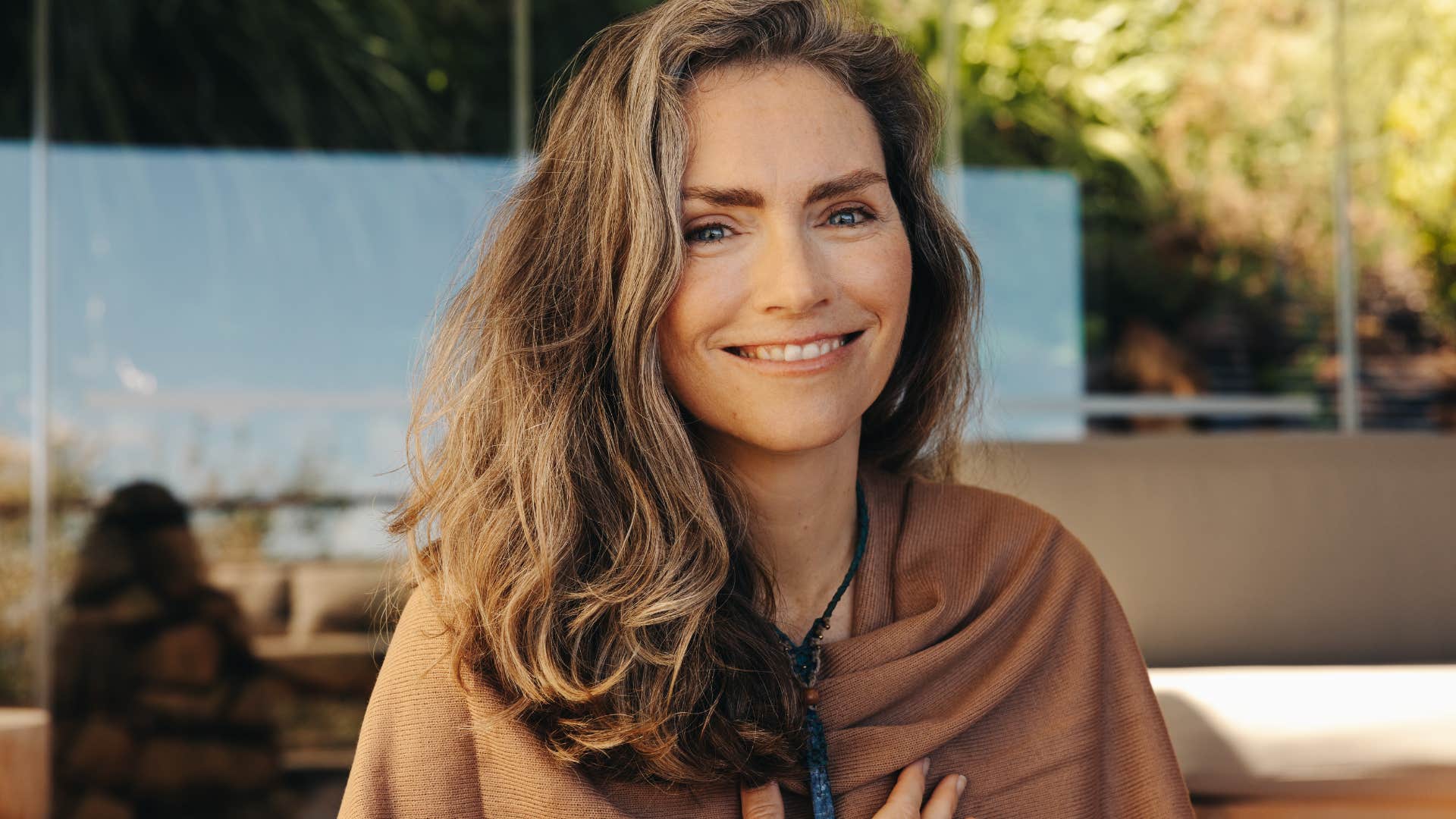 Jacob Lund | Shutterstock.com
Jacob Lund | Shutterstock.com
Although there are many gendered, cultural, and financial nuances to preferences for holistic alternatives over traditional medicine, many women do tend to shift toward these options as they get older. Whether it’s lifestyle changes or holistic health services like acupuncture, women who avoid going to the doctor as they get older may simply prefer other routines for care.
Especially when it comes to menopause and other conditions specific to aging women, they may feel safer, more cared for, and heard in these kinds of industries over traditional medical environments.
9. They’re uncomfortable talking about certain things
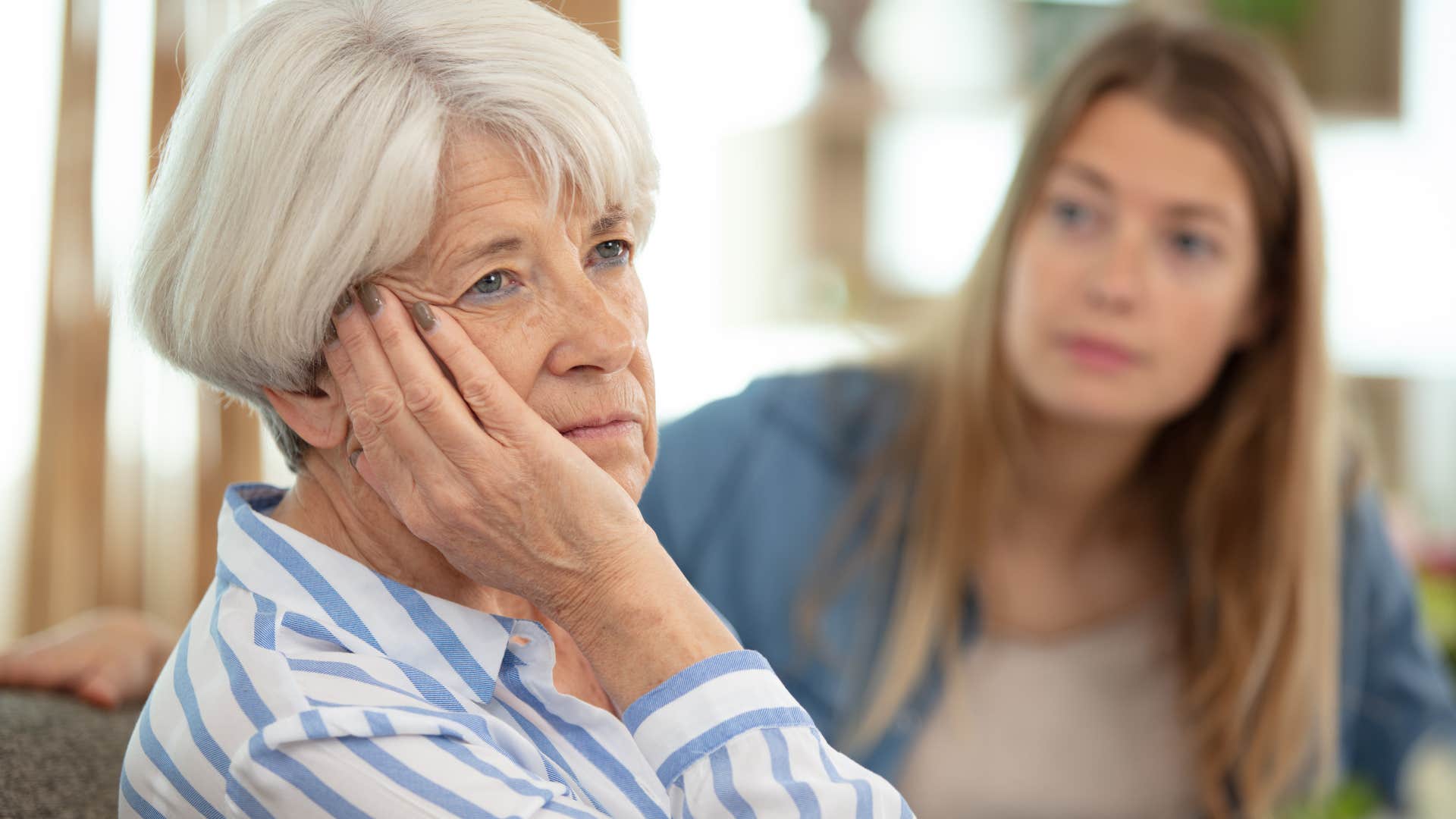 ALPA PROD | Shutterstock.com
ALPA PROD | Shutterstock.com
Whether it’s their mental health or intimate relationships, women who avoid going to the doctor as they get older may be uncomfortable talking about certain things with their doctor. Of course, there is always the opportunity for patients to say “no” and set boundaries around certain topics, but having to do so can spark anxiety for many.
Especially for certain generations that grew up in an era where mental health stigmas and misguided beliefs about “traditional” values were prevalent, it’s not surprising that these things still play a strong role in influencing their habits, behaviors, and comfort levels now.
10. They assume everything’s fine
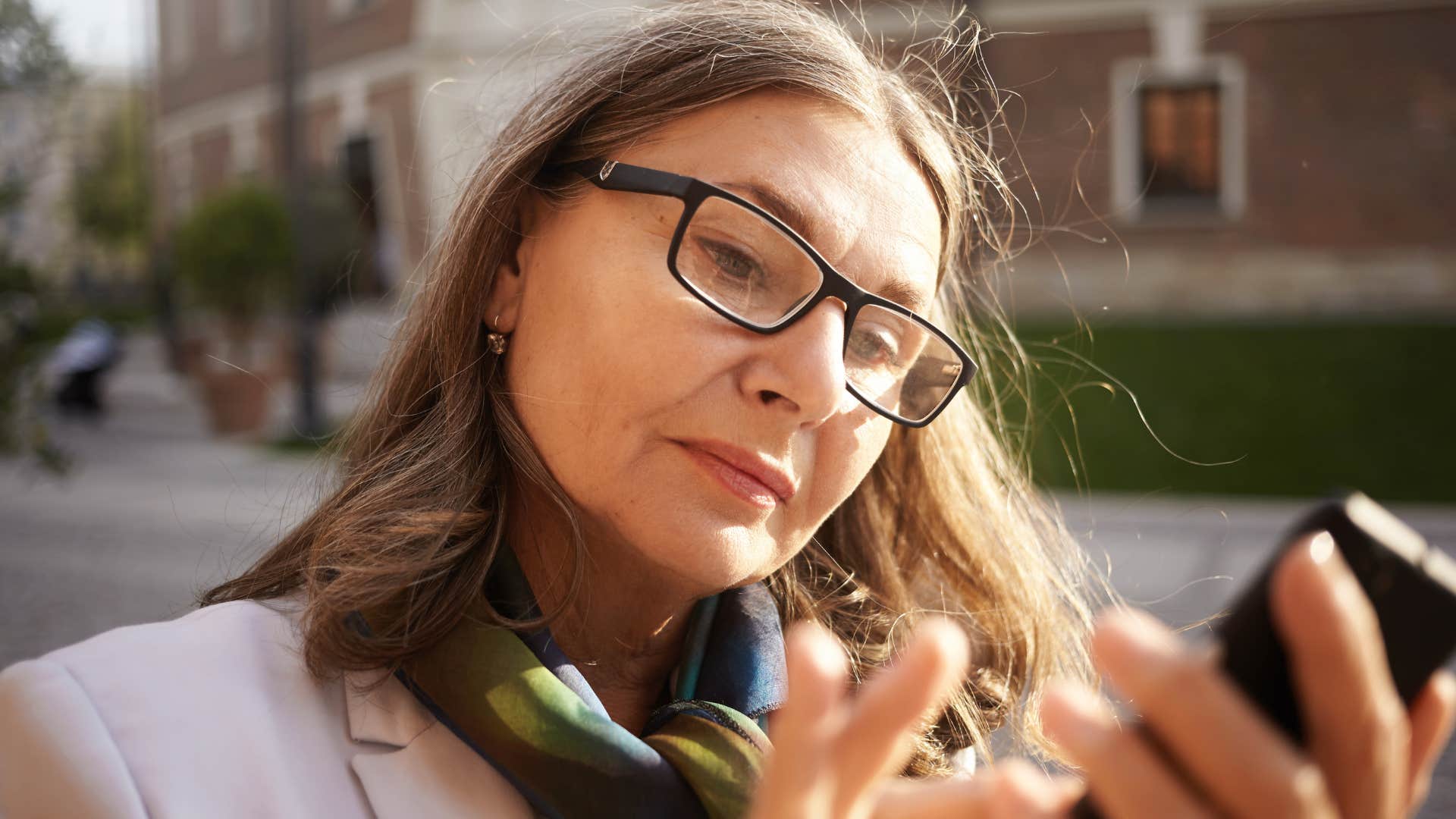 shurkin_son | Shutterstock.com
shurkin_son | Shutterstock.com
If you assume everything is fine all the time, why go to the doctor? Of course, oftentimes, assuming everything is fine isn’t actually a true reflection of health, but rather a manifestation of fear or anxiety to prevent you from scheduling an appointment.
Many women who avoid going to the doctor as they get older usually prefer to assume everything is fine, even if that means avoiding their anxieties about their health.
11. They fear losing control
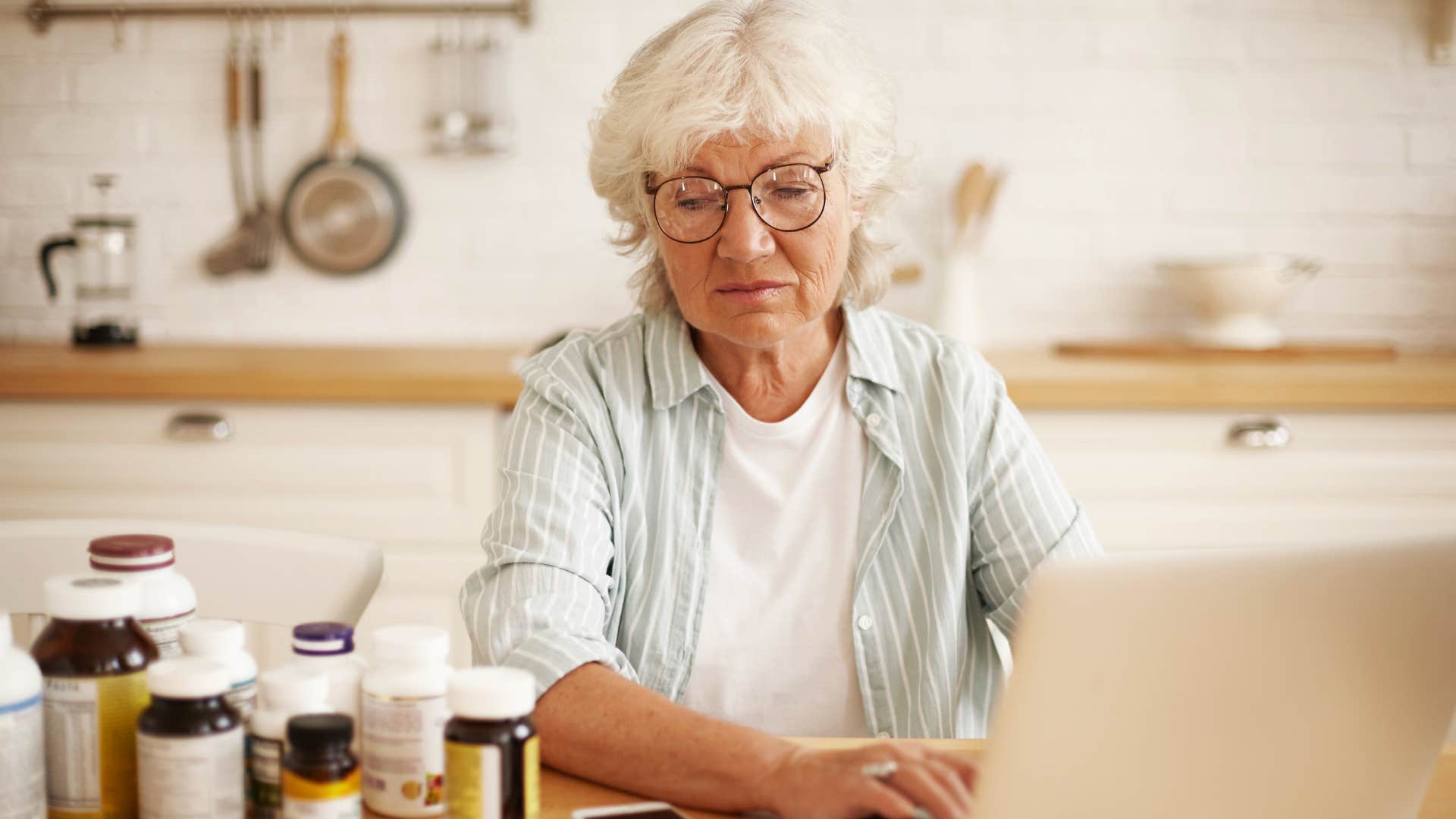 shurkin_son | Shutterstock.com
shurkin_son | Shutterstock.com
Whether it’s being “forced” to take a medication or acknowledge an underlying health concern, some women who avoid going to the doctor as they get older may fear the loss of perceived autonomy.
They’ve spent their entire lives working toward a place of confidence and independence, where they can rely solely on themselves, and don’t want to be pushed into a situation where they feel like they have to depend on something or someone else to live their lives.
Zayda Slabbekoorn is a senior editorial strategist with a bachelor’s degree in social relations & policy and gender studies who focuses on psychology, relationships, self-help, and human interest stories.

